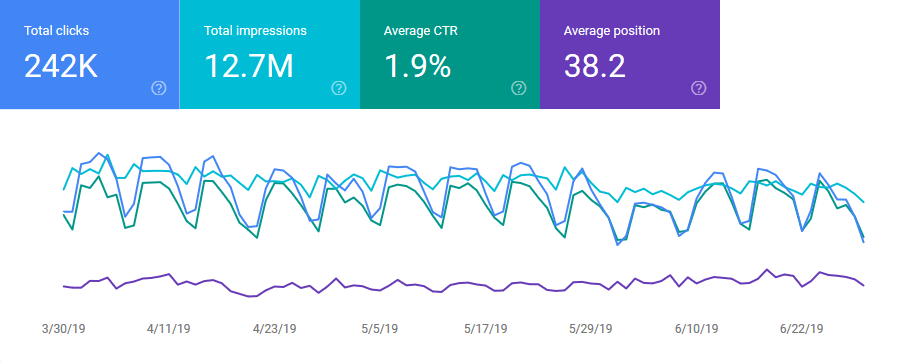

- #What another word for you bothering me professional#
- #What another word for you bothering me series#
Surprising effects are achieved by an endless variety of plots.
#What another word for you bothering me series#
Russian joke culture includes a series of categories with fixed and highly familiar settings and characters. Russian jokes ( Russian: анекдо́ты ( transcribed anekdoty), literally anecdotes), the most popular form of Russian humour, are short fictional stories or dialogues with a punch line. See Wikipedia's guide to writing better articles for suggestions. 🙂 Well I do! Just wanted to let you know…Thank you for making this post possible.This article's tone or style may not reflect the encyclopedic tone used on Wikipedia. Love the look of your pages! So fresh! Have I told you lately how much I enjoy reading your posts. Daily she comes home excited about a new word she’s learned and sometimes not familiar word for me, she loves to share how she and her classmates used it in a sentence and how they changed it into a new word to make it sound funny or cool, all I can do is shake my head and ask …what?!, “so silly I say”, the mind of a child how they love to keep us guessing. Reading and story writing is a big part of my tween’s daily learning. One special teacher comes to mind, she expects nothing but greatness from her students. We’ve been fortunate to have great teachers who inspire our kids, especially my tween. My tween is notorious with play on words, of course I can’t credit for that I have to thank her teachers. Love a new word and play on words, you’re so right about teen-speak insight. PHOTO CREDITS: The Jabberwocky via Wikipedia
#What another word for you bothering me professional#
Interestingly, new words come from many sources but most commonly the jargon from professional organizations, innovation in society, the modernization of a word from another language, colloquialisms, teen-speak, popular artists/creatives/rappers creating new rhyming words, hysterical abbreviations we make up on Twitter, and, of course, let’s not forget children and their wonderful imaginations.We all know words that are popular today like fashionista which is the mother of all the istas, bootylicious and the many variations on -licious, shellacking, mashup, gurl, homey, gangsta, fo’shizzle, malamanteau, OMG, agnotology, even all the social media and online terms we use, emoticon, Hypertext, Google, internet, Facebook, and a slew of other words that I ‘m sure we can all add to this conversation… Oh yeah, “join the conversation” is a popular social media phrase… I love that one and my top favorite – BLOG!Īs I dug further on the internet, I even found out that the Washington Post offers a contest on neologisms and a quick glimpse there gave me two new nonsense words for you to go back and figure out “ardiness” and “elved.” 🙂 However, the Post is not the true originator of the idea either because as my friends at Wikipedia (another invented word, no?) will share, fantasy literature and the world of poetry are filled with gibberish words and we are all the better for them. As I shared the post with my children, the conversation veered off to how words become part of popular culture you know, like how the word “bad” became “cool” and the word “like” a substitute for like “for example.” 😉 So, how do words become part of popular culture? This is a valid question and one that got me hunting around for more insight on the subject.

Even an honest malaprop or eggcorn can become the foundation for a new word. Recently, I shared a post about the word blogalicious and how we can all find ways to make up our own words or discover new ones that catch on in popular culture. Neologism: A newly invented word or phrase ()/A meaningless word coined by a psychotic ( Merriam-Webster) 😉 Neologisms Rule: The Jabberwocky of all Fo'shizzles.


 0 kommentar(er)
0 kommentar(er)
